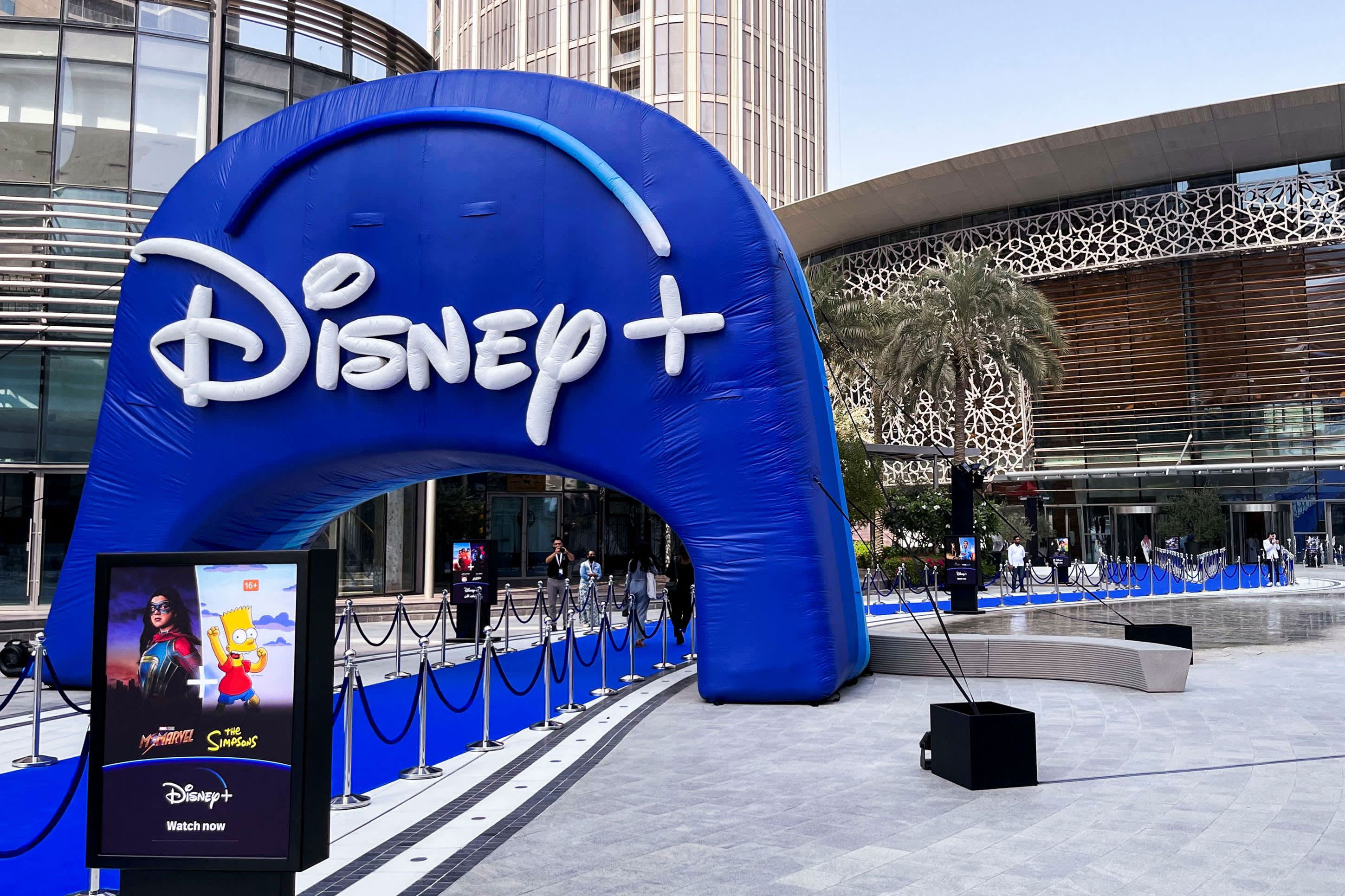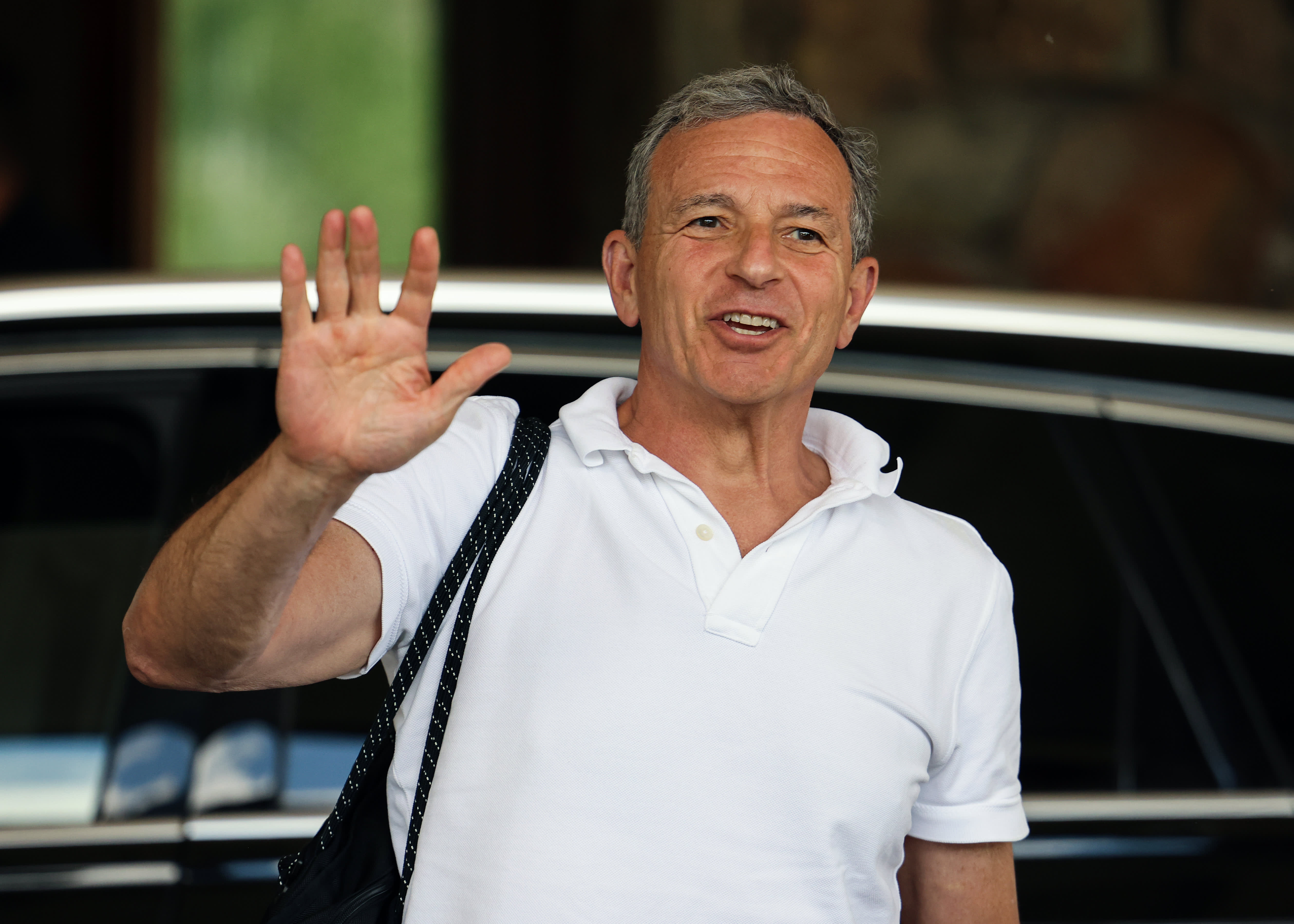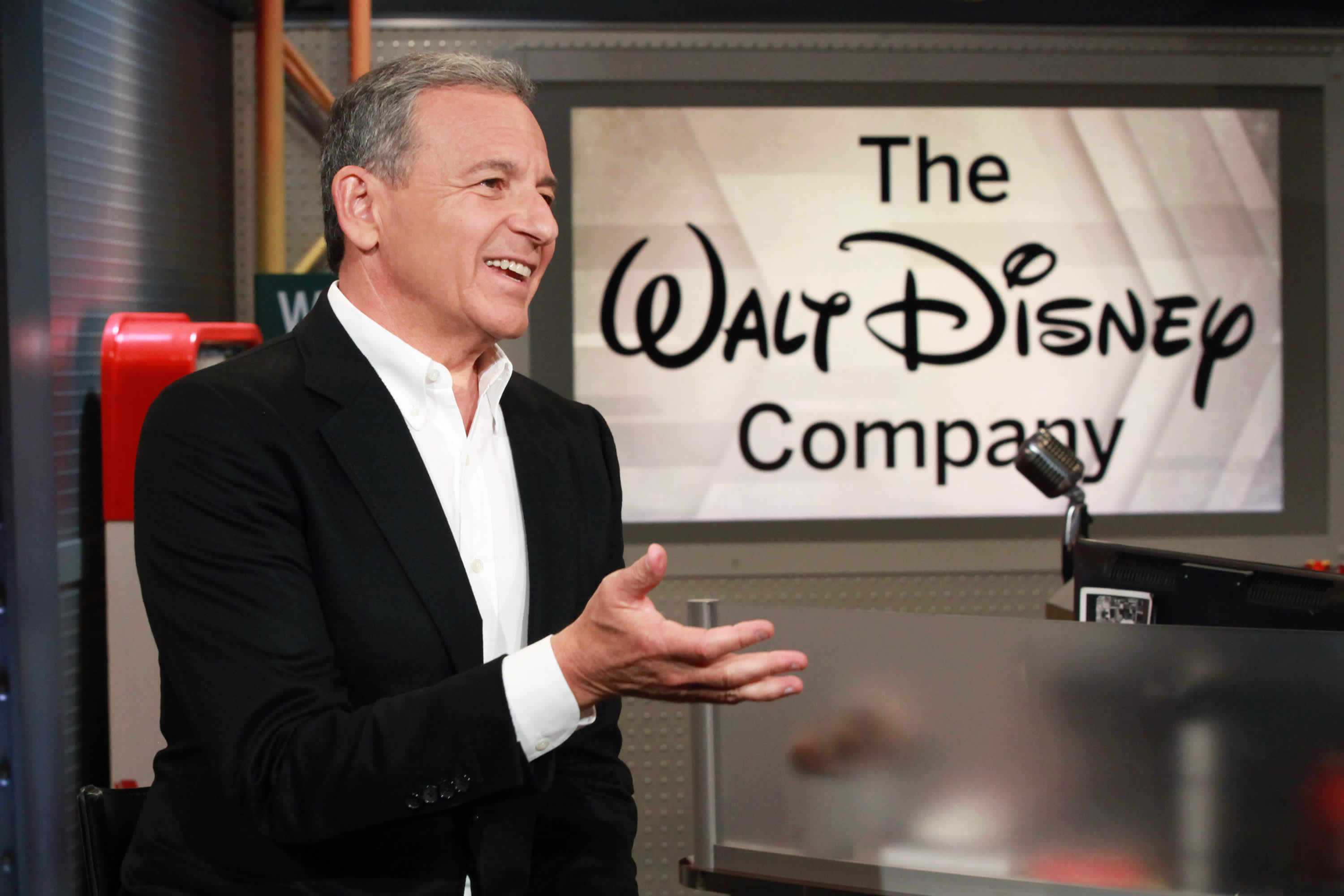For nearly three years, Bob Chapek had a plan at Disney: Bob Iger’s plan.
“We are all-in [on streaming],” Iger said in April 2019, when he unveiled Disney+, the company’s flagship streaming service, which now has more than 164 million subscribers worldwide. Ten months later, Iger announced he’d step down as CEO, effective immediately.
related investing news
After he took over as chief executive, Chapek shifted Disney’s corporate structure to better align with a streaming-first world. Iger didn’t agree with the way he did it, but the general idea of building up Disney+ by spending billions on new content was in lockstep with Iger’s strategy. For a while, that strategy worked. Disney shares surged during the pandemic even as theme parks closed and movies were kept out of theaters. Investors cheered money-losing streaming services as long as they showed hypergrowth.
But as interest rates rose and Netflix customer growth plateaued earlier this year, the music stopped. Disney+ added 12.1 million subscribers this month and shares tanked. Much of this change in narrative was actually of Disney’s own doing, as Chapek (and other media executives) pushed getting to profitability over subscriber growth. Part of that shift was Disney’s realization that it likely wasn’t going to hit its target of 230 million to 260 million Disney+ subscribers by 2024. Chapek lowered that bar in August. Disney shares have fallen nearly 40% year to date.
Of course, while Iger said Disney was all-in on streaming, the reality was it wasn’t, and it still isn’t. Disney has held on to ESPN as the linchpin of the cable bundle. Today, just as in 2019, ESPN’s premier sporting events (its main “Monday Night Football” broadcast, for instance), can only be seen on cable.
Time for a new plan
Now, the Disney board has turned to Iger to come up with a new plan — or at least to choose a new leader who has one — over at least the next two years. Reorganizing the company to put “more decision-making back in the hands of our creative teams,” as Iger noted in his memo to employees yesterday, is an easy, and necessary, first move. But it’s more of a process change than a strategic one.
Iger’s biggest challenge will be choosing which Disney assets should be sold or spun off in the coming years, said Rich Greenfield, an analyst at LightShed partners. This wouldn’t be easy for any CEO, but it especially won’t be easy for Iger, who built the modern Disney with purpose. He orchestrated deals to buy Pixar, Marvel, Lucasfilm and much of 21st Century Fox.
Iger has had many chances in the past to shed cable networks, including ESPN, or broadcast channel ABC and its owned and operated affiliates, or Hulu. He never did in the past, but Greenfield said he thinks he’ll have to now.
“Bob Iger should sit down this weekend and make a list of the assets he wants Disney to keep and the ones he wants to get rid of,” Greenfield said. “What does Disney look like over the next five years? What are the assets we need to have? That needs to come first, and every decision after that follows the answer.”
Greenfield recommended either spinning off ESPN or dramatically cutting costs, including passing on renewing NBA broadcast rights, which will be renegotiated in 2023. He also said he’d try to sell Hulu to Comcast rather than paying Comcast $9 billion or more for the remaining 33% stake in the streamer.
It’s also possible Iger could once again punt these decisions to a successor. If he decides his role is purely a transition CEO, he could focus on finding the next leader of Disney and allow that person to make the big calls in the next two years.
But that’s never been Iger’s style. He delayed retirement three times in the past to keep the job. Now he’s back again.
Iger could have ridden off into the sunset, and he chose to come back — even after saying publicly “you can’t go home again.“
That’s probably a sign he has ideas about how to move Disney forward.
“The old plan can’t be the new plan,” Greenfield said. “That plan wasn’t working. Iger is going to have to make some hard decisions.”
WATCH: Investor Stephanie Link’s bullish case for Disney









